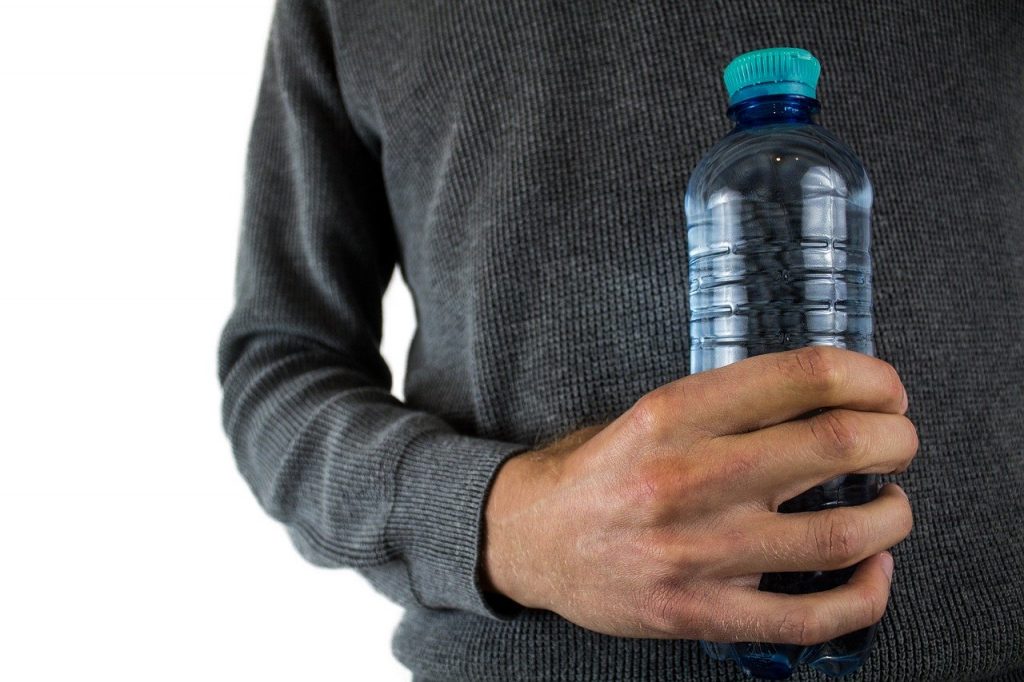If you haven’t heard of bisphenol-A, you’ve likely heard its common abbreviation, BPA. You probably know that it is not good for you, my friends, so I’m here to share more information about just what this chemical does to your body and where it can be found around you.
This chemical came to light in the media a few years back because of the mounting evidence that it disrupts your endocrine system, which is the chemical message responsible for how your body releases hormones. Despite all of the concern surrounding BPA, it was not completely banned in all products and still remains in some items you come into contact with, including food containers, cashier’s receipts and the liner of some canned goods.
In your body, BPA mimics the hormone estrogen. It is a potential cause of many problems, including breast cancer, high blood pressure, heart disease, increased prostate size, hyperactivity, structural brain damage, altered immune function and more. As reported by Medical News Daily, BPA intake can potentially trigger diabetes or asthma and even decrease how effective a person with cancer’s chemotherapy is (https://www.medicalnewstoday.com/articles/221205#hazards). Negative effects were seen at even low levels of BPA exposure.
To limit your exposure to BPA, you need to take some steps. It’s still found in the packaging for many foods, so eat more whole, fresh foods. Store your beverages and foods in glass instead of plastic containers, and try to avoid the use of plastic wrap.
If you are heating food in your microwave, use glass containers. More BPA is released when you heat up plastic. In general, try to buy things that come in glass instead of plastic. Do not drink from garden hoses–these may be lined with BPA–and tell your children not to do so, either.
If the stores you shop at do not use BPA-free register tapes, be careful when handling receipts. If you are bottle-feeding a baby, use glass bottles instead of plastic ones. Any toys for kids in your home or life should be free of plastic chemicals such as BPA, especially toys the child is likely to chew or suck on.
Keep in mind that some “BPA-free” advertised products could contain other chemicals that affect your hormones the same way. If you’re not sure whether BPA-free product is safe, check out the chemicals it contains before you buy or use it.




